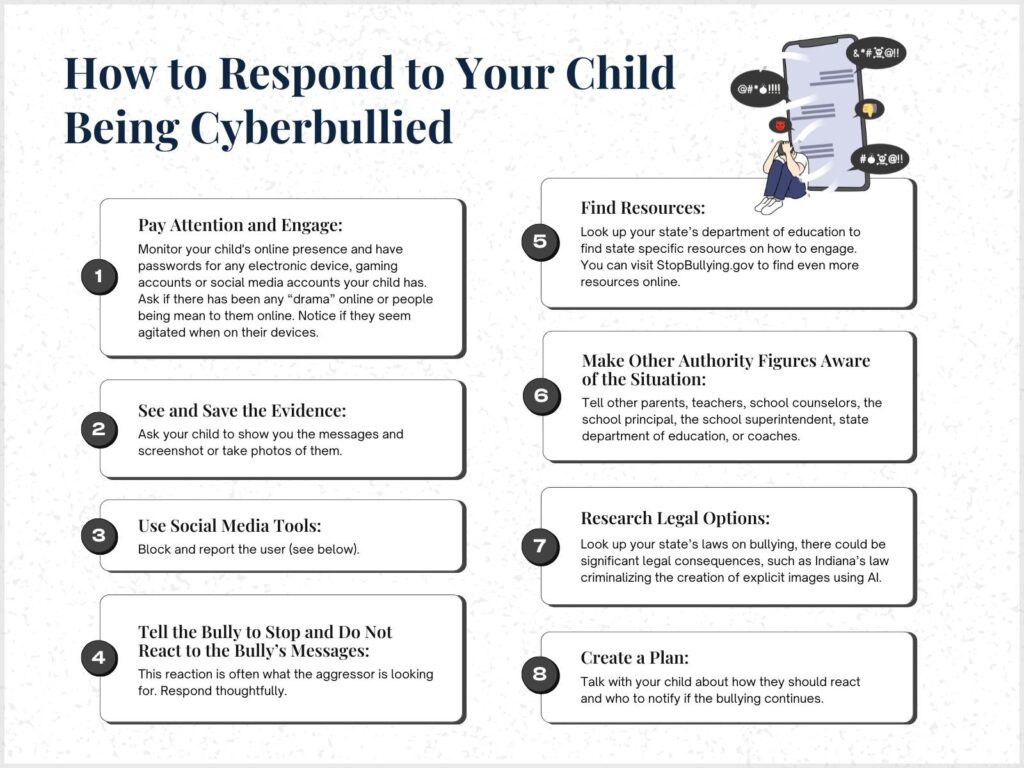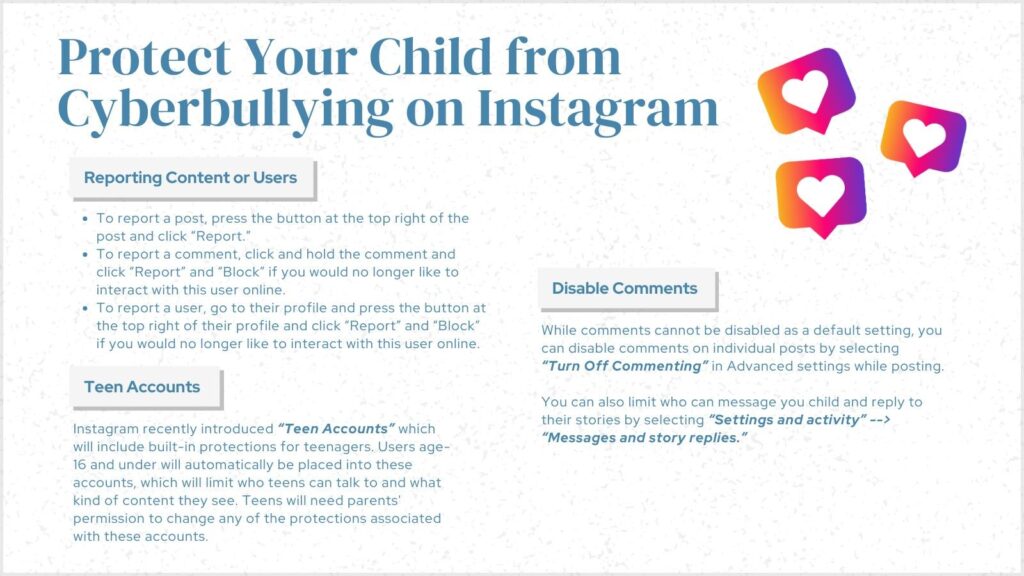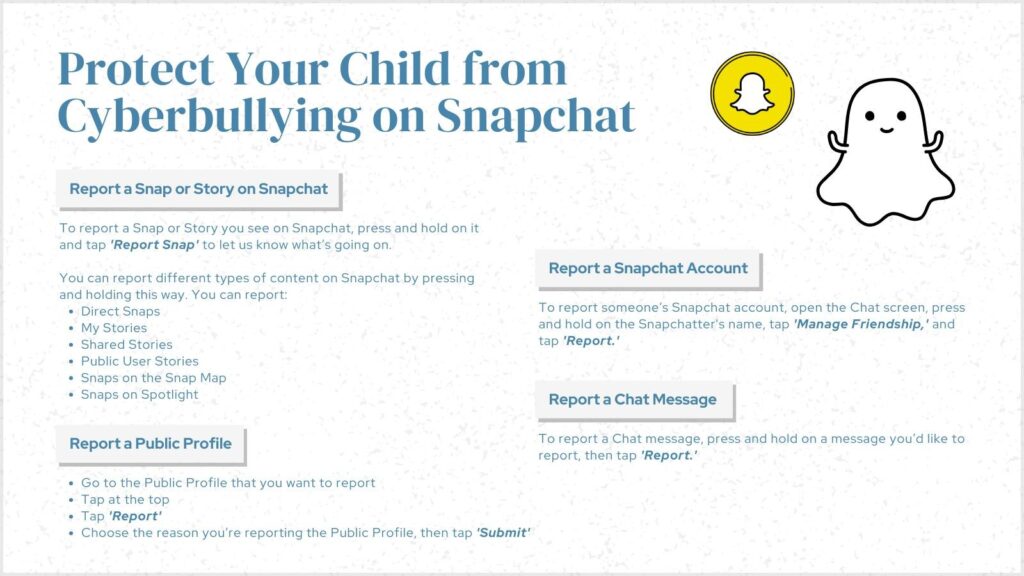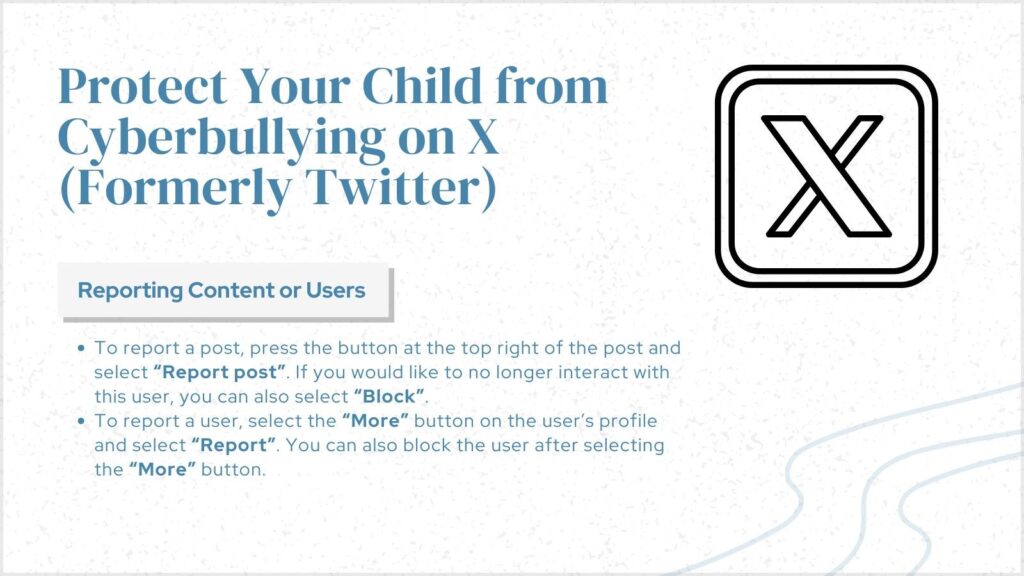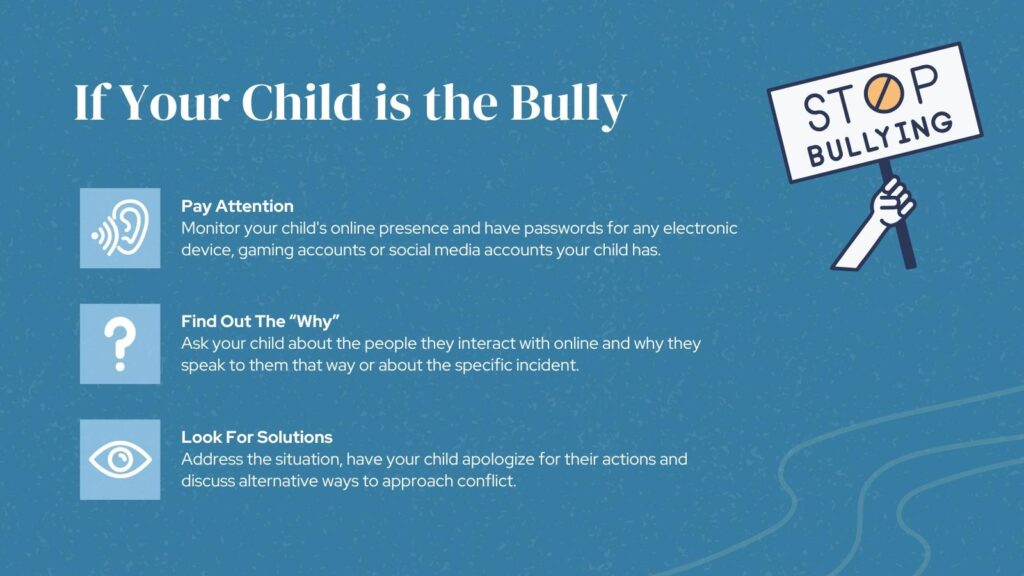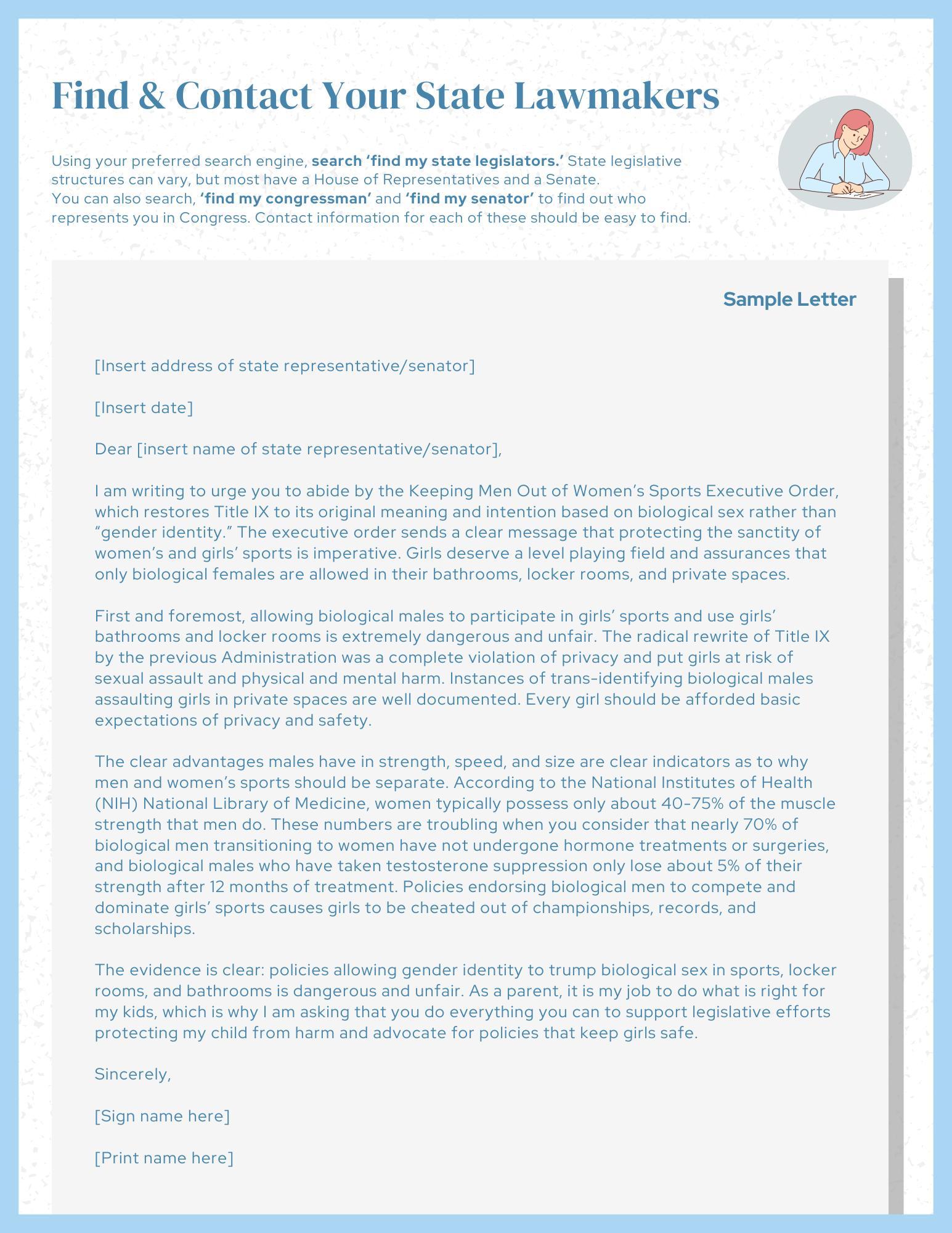
SOCIAL MEDIA AND CYBERBULLYING: When social media first came about, access and scope were fairly limited with the primary use focused on connecting to your direct community (i.e., other classmates at your university). As time has gone by and technology is now at everyone’s fingertips, the ubiquity of social media has grown, as has its use and functionality.
This trend of chronically being online has contributed to notable increases in online aggression – or cyberbullying. Social media has emboldened children to speak cruelly with anonymity, often hiding one’s identity behind a screen or fake account. This can prevent children from recognizing the real-life consequences of their words and actions. In 2023, the Cyberbullying Research Center found that 55% of students between the ages of 13 and 17 have experienced cyberbullying in their lifetime.

Source: Cyberbullying Research Center
Just like in the real world, it is important for parents to pay attention to who their kids are talking to, what they are saying, and how they are saying it on social media.
Source: Fox 2 Detroit
TRAGIC CYBERBULLYING STORIES: Recently, a Michigan teen encouraged a Texas boy to take his own life after he had shared his suicidal thoughts in a gaming chatroom. The Texas boy was later found with an apparent self-inflicted gunshot wound with his gaming headset still on. The Michigan teen has since pleaded guilty to a felony charge of aiding suicide and a misdemeanor charge of harassment causing death.
A 14-year-old girl was the victim of a cyber exploitation scheme led by her male classmate who used AI to create fake nude photographs of her that were spread across Snapchat, Instagram, and other social media platforms. The teen has met with lawmakers in D.C. to advocate for the passage of the “Take it Down Act,” a bipartisan bill that would criminalize the publication of non-consensual intimate imagery.
Source: Fox Business
This example is emblematic of a larger cyberbullying trend that is unfolding across the internet, social media apps, and gaming platforms. It is more important than ever for parents to monitor who their children interact with online, what kinds of messages are being exchanged, and to trust their gut if anything seems out of the ordinary. Parental controls are a great start, but nothing replaces the watchful and protective eye of a caring parent.
TIPS FOR PARENTS
OTHER NEWS YOU NEED TO KNOW
UK INDEFINITELY BANS PUBERTY BLOCKERS FOR MINORS: The National Health Service in the United Kingdom indefinitely banned puberty blockers as a treatment for gender dysphoria on minors. Many states in America unfortunately still allow hospitals to use puberty blockers on minors who identify as transgender despite evidence suggesting this practice is harmful. Read more here.
SUPREME COURT WEIGHS TENNESSEE BAN ON CHILD GENDER TRANSITIONS: The Supreme Court heard oral arguments last week in United States v. Skrmetti, a case surrounding Tennessee’s law banning gender-transition procedures for minors, among other things. The law protects children from irreversible medical interventions, emphasizing the need for age-appropriate safeguards. Tennessee asserts its responsibility to prioritize the well-being of minors. The Court’s decision could uphold similar laws in over 20 states. Read more here.
TIKTOK LOSES IN FEDERAL APPEALS COURT: ByteDance, TikTok’s parent company, lost on appeal in U.S. federal court last week in its suit against a U.S. law requiring TikTok’s divestiture by January 19. ByteDance has filed an emergency appeal to the Supreme Court. TikTok has been shown to be harmful to children, feeding kids content promoting suicide and eating disorders. Read more here.
X AND ELON MUSK BACK KOSA: Elon Musk and X CEO Linda Yaccarino have endorsed the Kids Online Safety Act (KOSA), a bipartisan bill aimed at protecting children from harmful online content. The bill, which passed the Senate but is stalled in the House, would impose a legal duty on social media platforms to shield minors from risks like sexual exploitation and dangerous stunts. After collaborating with lawmakers to address free speech concerns, Musk and Yaccarino urged Congress to pass the bill before the current session ends. Read more here.
TEXAS CONSIDERS SOCIAL MEDIA BAN FOR KIDS: Texas lawmakers are weighing measures to combat cyberbullying, exploitation, and other online dangers by potentially banning minors from creating social media accounts. Proposals include age verification, stricter content moderation, and increased funding for law enforcement. The state has passed laws like the SCOPE Act to protect children online, and advocates emphasize further need for parental involvement, education, and stronger accountability for social media platforms. Read more here.
Thanks for reading the latest edition of the American Parents Coalition’s The Lookout. If you have a troubling story to share about a school, doctor, company, or other institution working to usurp parents’ rights, please let us know by emailing us at [email protected].



